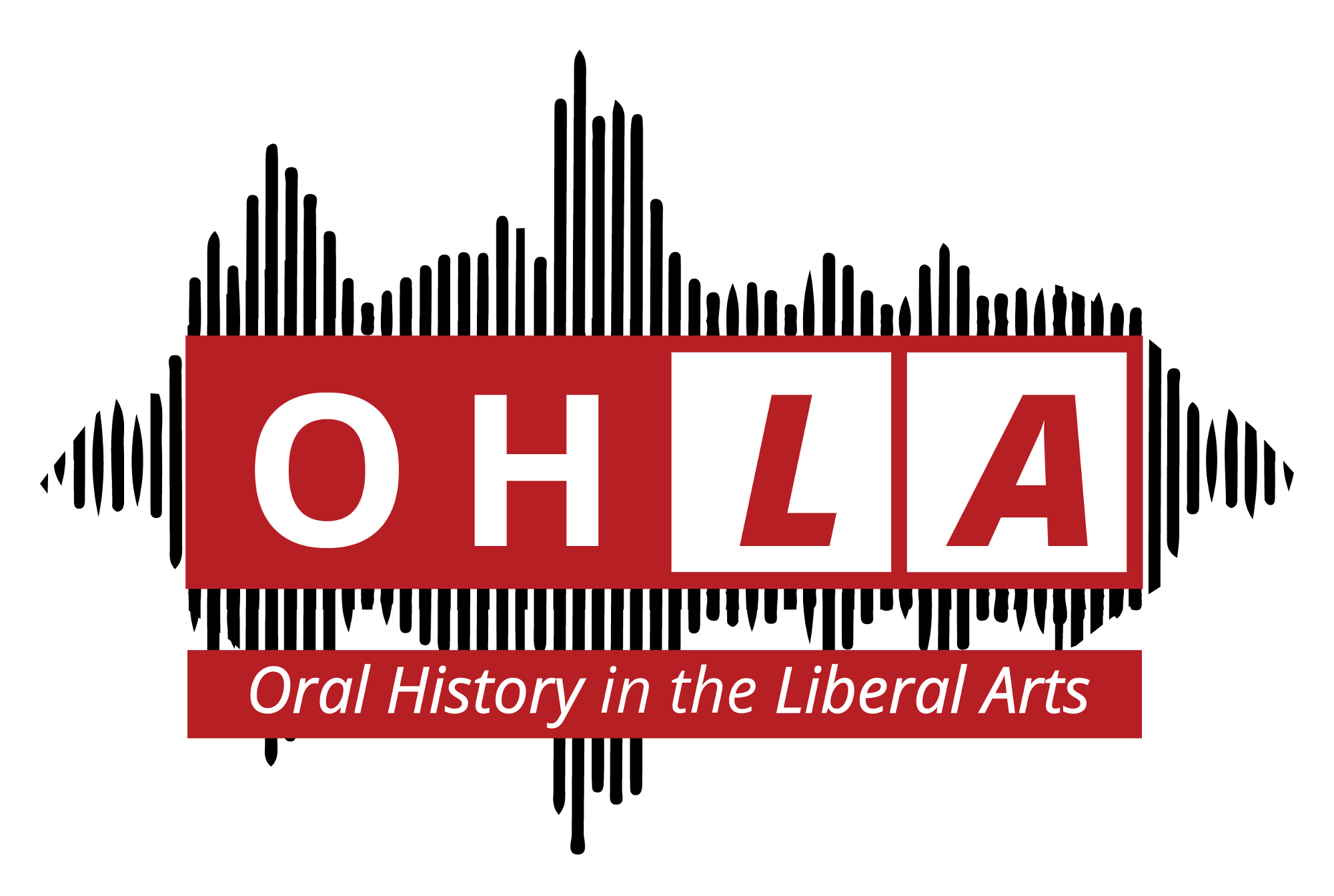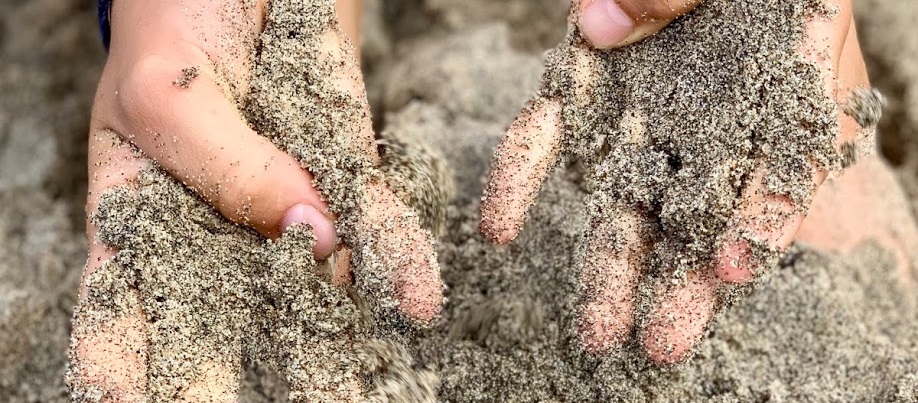What does it mean to be wounded, scarred, branded, or amputated? What message is inscribed on the body when it is subjected to these atrocities? What story does the disfigured body tell? What is the relationship between amputees, their disfigured bodies, and the stories their bodies tell? How do we as oral historians listen to and record trauma narratives? What do we bring to the interview process, and how do we use these narratives in the classroom?
The Sierra Leone Amputees Project was borne out of the need to create global awareness of the nature and extent of the carnage in the Sierra Leone civil war 1991 – 2002. It was intended to break the silence on the human rights violations conducted systematically during this period by creating a digital space where amputees could narrate their stories of survival. Its purpose was to force the Sierra Leonean society to come to terms with the psycho-social impact of punitive amputation and create a culture of disability by which amputees are not defined by their injury but how by that injury they transcend physical and psychological impediments and become functional again.
Clearly, the project is about the dignity of the human being; an attempt to create a canvas for transformation and human flourishing. By critically analyzing the logic of amputation, the project draws from narratology and history with a nod to trauma and memory to ascertain the body as semiosis or text to read and interpret society. In its exploration of the disfigured body, it seeks to examine the intersections between injury and identity and the relations between the mutilated body and the bodypolitic.
This project is based on a series of interviews conducted between 2008 and 2013 in two amputee camps in the outskirts of Freetown, Newton and Jui amputee camps. Intended as a public-facing archive of war memories using digital storytelling aesthetics, the core of Ernest Cole’s OHLA work will be engaged over a three-year period. In the first year of the project, he will focus on a digitization of previously conducted oral history interviews with amputees, children of amputees from the Hastings and Newton amputee camps in Freetown, the members of the Single Leg Amputee Club, and other commentators on the war (including media practitioners, eye-witnesses to events, and government officials). The process will involve a thematizing of interviews in the Oral History Metadata Synchronizer, constructing a narrative of engagement with key themes, translating interviews from the local languages into English, providing subtitles and captions, and doing a voice-over of key interviews. The resulting collection in the OHLA faculty project archive will be a rich multilingual, multimedia archive of stories.








